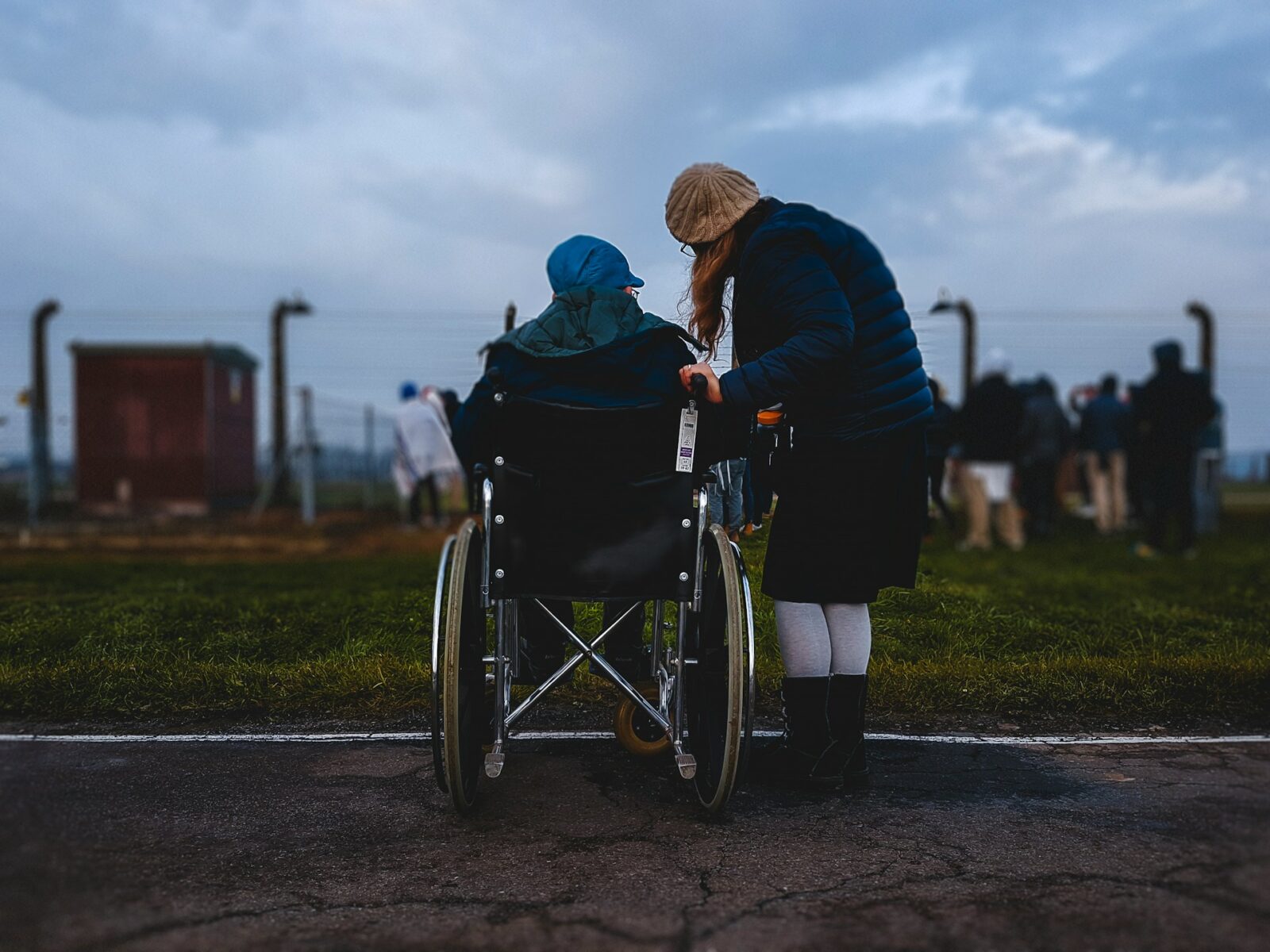Getting into the world of disability services doesn’t have to be so daunting. However, due to the National Disability Insurance Scheme (NDIS), the otherwise difficult situation has changed and persons with one or another degree of disability are provided with a list of support types. providers in the NDIS system provide many different services in this system and all of these services are aimed at improving the quality of life and increasing the level of independence of clients. If you want to know more about what these services involve then you have found the right article! In this blog, I will talk about the various kinds of support that are offered by Providers through NDIS and how the assistance really helps the Participants. If you need some counseling or are interesting in community activities, it is crucial that you know your choices so let’s begin!
What is NDIS and who does it serve
NDIS or National Disability Insurance Scheme represents an official governmental program in Australia intended for providing support to those people who have severe and permanent impairments. This is meant to work towards supporting core services that enable participants to live a better life on their own.
Sometimes NDIS supports children and young people with disabilities as well as seniors and everyone in between. It might refer to the physical disability, learning difficulty or mental illness which an individual can have.
Support is accessible based on a profile that enrollees submit and it suits the specific needs of the participants. They use it to make sure every person has a chance of a productive life within the society. NDIS offers great mobility in plans and lets the users decide in what form they would like to receive funding.
Types of services offered by NDIS providers
The services offered by the NDIS providers are very vast and varied and personal to clients with disability. Both services have ultimate goals of independence and improved quality of life.
Possible areas of support include one: Co-ordination. This includes assisting different participants to locate particular services, or in understanding the working of the NDIS and how they can benefit out of their plans. It’s about choice no more, it’s about being empowered and having all the relevant information needed.
Another important service is therapy services. Some of them are physiotherapy, occupational therapy, speech therapy and others. In this case the aim is received specific treatment for the personal change and enhancement of the functioning.
People in communities also have their contribution towards delivering of the NDIS offerings. Community participation reduces isolation while promoting membership to different social groups within certain counties.
Finally, no matter being supported by us in the coordination of their choice, or participating in the event organized by us, Croften Care sees that each participant is given attention based on his/her circumstance and does not exclude his/her needs from consideration.
Support coordination
The importance of the support coordination service is explained next in relation to NDIS providers such as Croften Care.One is able to manage the intricacies of their plans and link them with needed services.
A support coordinator is involved in the assessment of the person related needs and the individual’s or families’ desires. Ideally they help identify appropriate providers, to ensure that every participant utilises their NDIS funding in the best possible way.
Not only they help to provide accurate information on resources and services but also enables person to make choice regarding their needs. This kind of teamwork enhances work autonomy and self-reliance among participants.
Also, there is always support coordinators who can discuss dissonant points of the program and how they can be solved. They make certain that the client gets support right on time when calamities happen hence facilitating effective steps in-care transitions or between types of care or therapy services.
Therapy services
As for services, therapy services within the scheme of the NDIS is of significant importance for the people with disability. These services offer an adequate range of services to cater for various needs of the participants in order to attain personal objectives.
Specialist personnel include the occupational, speech and / or physical therapists, among others. Both therapies for clients address certain issues the clients’ present with an aim of assisting the clients to become more independent.
For instance, occupational therapy has an emphasis on occupational performance, meaning daily life performance. It enables a person to learn more on how to conduct their activities at home or working places.
Seen here speech therapy targets on the issue of impaired communication. It explains how participants can gain knowledge about ways of putting themselves across most effectively.
Patients benefit of physiotherapy concerning their physical health and their ability to move around. Most of them help to recover from trauma and, in general, personal training involves exercises that enable individuals to regain lost muscle strength and flexibility.
These therapies do not only help to improve human physical capacity but also to improve their emotional state. Therapeutic recreation enhances social relationships and hence enhance the quality of life of many participants.
Community participation
As for services, therapy services within the scheme of the NDIS is of significant importance for the people with disability. These services offer an adequate range of services to cater for various needs of the participants in order to attain personal objectives.
Specialist personnel include the occupational, speech and / or physical therapists, among others. Both therapies for clients address certain issues the clients’ present with an aim of assisting the clients to become more independent.
For instance, occupational therapy has an emphasis on occupational performance, meaning daily life performance. It enables a person to learn more on how to conduct their activities at home or working places.
Seen here speech therapy targets on the issue of impaired communication. It explains how participants can gain knowledge about ways of putting themselves across most effectively.
Patients benefit of physiotherapy concerning their physical health and their ability to move around. Most of them help to recover from trauma and, in general, personal training involves exercises that enable individuals to regain lost muscle strength and flexibility.
These therapies do not only help to improve human physical capacity but also to improve their emotional state. Therapeutic recreation enhances social relationships and hence enhance the quality of life of many participants.














